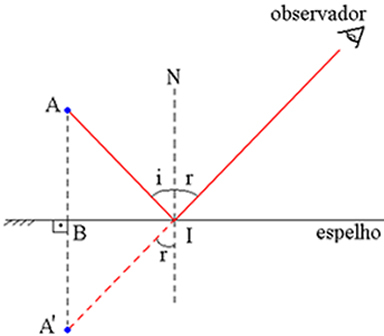In 2021, subjects such as score (credit note) and loans broke research records in Google. Brazil is among the five countries that researched the most on the subject on the search engine, behind only Greece, Colombia and Turkey. A score research has grown nine times over five years ago, and searches like “how to increase the score” have grown eleven times over the same period.
Read too: Learn how to check your score number through the website and application
see more
Financial education is the best ‘medicine’ for chronic indebtedness…
Dirty name is not a problem: get to know the ‘Nu Limite Garantio’…
This data crosses with another increase in Brazil, which is the number of people in default. According to the Serasa survey, in March 2022, 40.74% of the country's adult population had a dirty name, which represents a total of 65.6 million people. The country has not had such a high number of debtors since 2005.
Most people in this situation were in default due to bank and credit card debts, which represent 28.17% of the total. The others have debts from bills such as water, electricity and retail.
In the period between March and April of this year, defaults grew by 5%, according to a survey carried out by Boa Vista. The same survey indicates that, from January to April, the increase was 12.3%.
According to the report, “the delicate scenario for the consumer, of inflation, interest, compromised income and high unemployment, only reinforces the expectation of an increase in registrations and in the default rate”.
Among the most searched questions on Google on the subject are:
- What is score?
- How to see the score?
- How to increase the CPF score?
- How to increase the score fast?
- What is low score?
- When is the score good?
- How to increase the free score?
- How does the Serasa score work?
- What does regular score mean?
How to consult the CNPJ score?
The score is a score that measures the risk of consumer default. It ranges from 0 to 1000, and the higher it is, the more chances of obtaining credit, as it demonstrates a lower risk of default.
To consult it, you must download the Serasa or SPC application, or contact Serasa at 0800 591 1222. It is also possible to consult this score by going to the Boa Vista or Quod websites.
To maintain a good score, you need to pay your bills on time, and preferably not commit more than 30% of your monthly income to loans. Increasing the value of the score may take time, as it is necessary to monitor how the consumer's payment situation is going for a while. The ideal after the payment of a debt is to avoid further delays and make at least the payment of minimum amounts. It is also worth registering in the Positive Register to facilitate this increase.
To get a credit card, a minimum score is not required, as issuers take other factors into account as well, such as monthly income and bad debt.
To clear the name, it is necessary to pay all debts, but it is possible to negotiate and even make an installment payment. In this second case, the name is cleared after payment of the first installment.
The ideal way to carry out this negotiation is to look for the establishment where the consumer is in debt or use Serasa Limpa Nome, which helps in this agreement. For those who cannot cover the debt, it is possible to wait a while for the name to be automatically cleared, such as 3 years for notes promissory notes (real estate rentals and bills of exchange) or 5 years for other debts, such as taxes, fines, payment slips and credit card credit.

